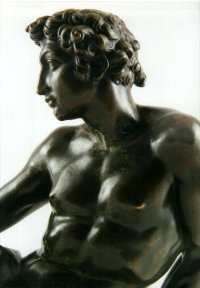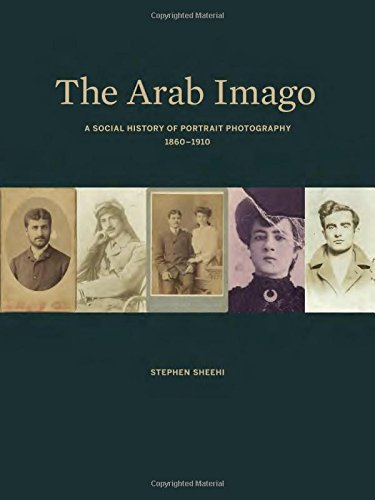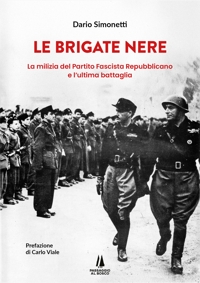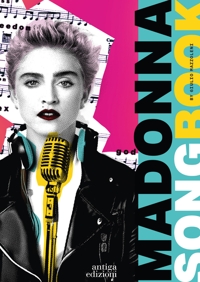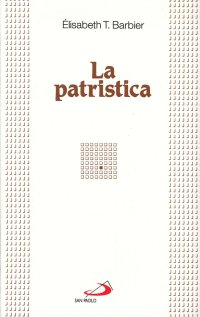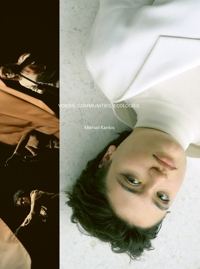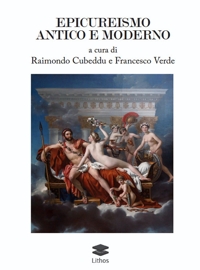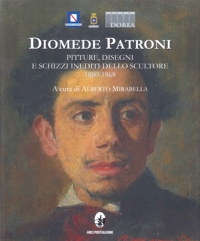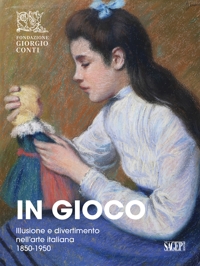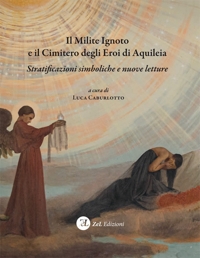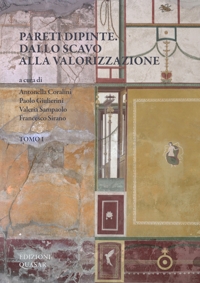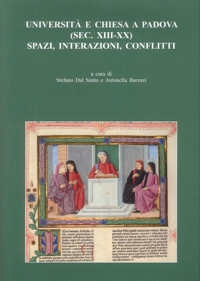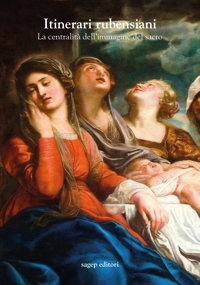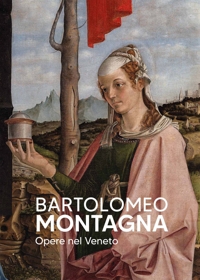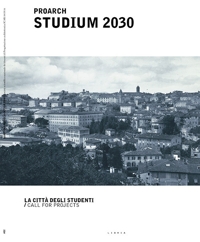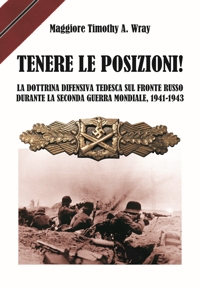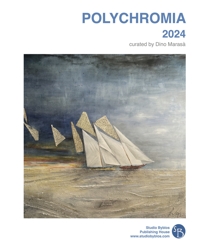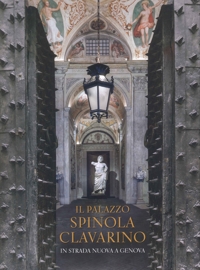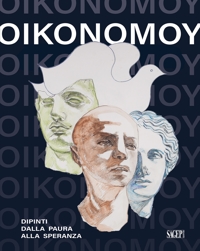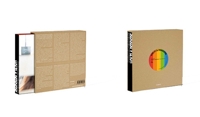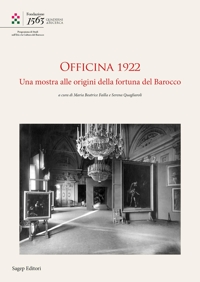Felice Palma. Massa 1583-1625. Collezione / Collection.
Texts by Andrei Cristina, Ciarlo Nicola, Federici Fabrizio, Claudio Casini and Sara Ragni.
Italian and English Text.
Pontedera, 2024; bound in a case, pp. 289, b/w and col. ill., b/w and col. plates, cm 24,5x34.
(L'Oro Bianco. Straordinari Dimenticati. The White Gold Forgotten Masters).
cover price: € 160.00
|
Books included in the offer:
Felice Palma. Massa 1583-1625. Collezione / Collection.
Texts by Andrei Cristina, Ciarlo Nicola, Federici Fabrizio, Claudio Casini and Sara Ragni.
Italian and English Text.
Pontedera, 2024; bound in a case, pp. 289, b/w and col. ill., b/w and col. plates, cm 24,5x34.
(L'Oro Bianco. Straordinari Dimenticati. The White Gold Forgotten Masters).
FREE (cover price: € 160.00)
Le botteghe del marmo
Italian and English Text.
Ospedaletto, 1992; bound, pp. 153, 10 b/w ill., 60 col. ill., cm 24x29.
(Immagine).
FREE (cover price: € 34.49)
Museo Stefano Bardini. I Bronzetti e gli Oggetti d'Uso in Bronzo
Edited by Nesi A.
Firenze, 2009; paperback, pp. 191, 102 b/w ill., 7 col. ill., cm 17x24,5.
(Museo Stefano Bardini).
FREE (cover price: € 30.00)
Bronzetti e Rilievi dal XV al XVIII Secolo
Bologna, 2015; 2 vols., bound in a case, pp. 729, ill., col. plates, cm 21,5x30,5.
FREE (cover price: € 90.00)
The Arab Imago: A Social History of Portrait Photography. 1860-1910
Stephen Sheehi
Princeton University Press
English Text.
Princeton, 2016; bound, pp. 220, b/w ill.
ISBN: 0-691-15132-6 - EAN13: 9780691151328
Languages: 
Weight: 0.91 kg
The Arab Imago concentrates primarily on studio portraits by Arab and Armenian photographers in the late Ottoman Empire. Examining previously known studios such as Abdullah Frères, Pascal Sébah, Garabed Krikorian, and Khalil Raad, the book also provides the first account of other pioneers such as Georges and Louis Saboungi, the Kova Brothers, Muhammad Sadiq Bey, and Ibrahim Rif'at Pasha?as well as the first detailed look at early photographs of the annual pilgrimage to Mecca. In addition, the book explores indigenous photography manuals and albums, newspapers, scientific journals, and fiction.
Featuring extensive previously unpublished images, The Arab Imago shows how native photography played an essential role in the creation of modern Arab societies in Egypt, Palestine, Syria, and Lebanon before the First World War. At the same time, the book overturns Eurocentric and Orientalist understandings of indigenous photography and challenges previous histories of the medium.
Simonetti Dario € 23.75
€ 25.00 -5 %










